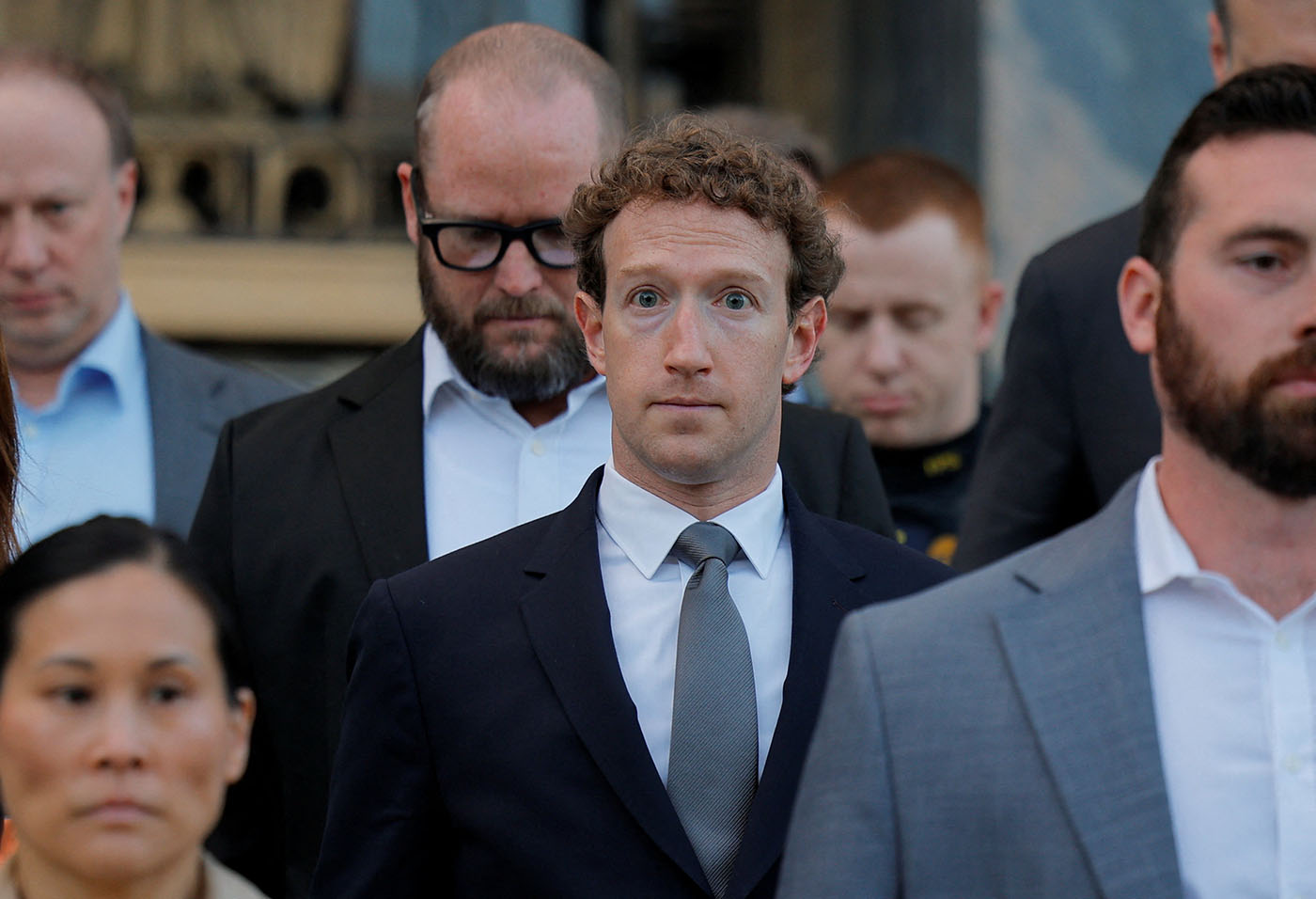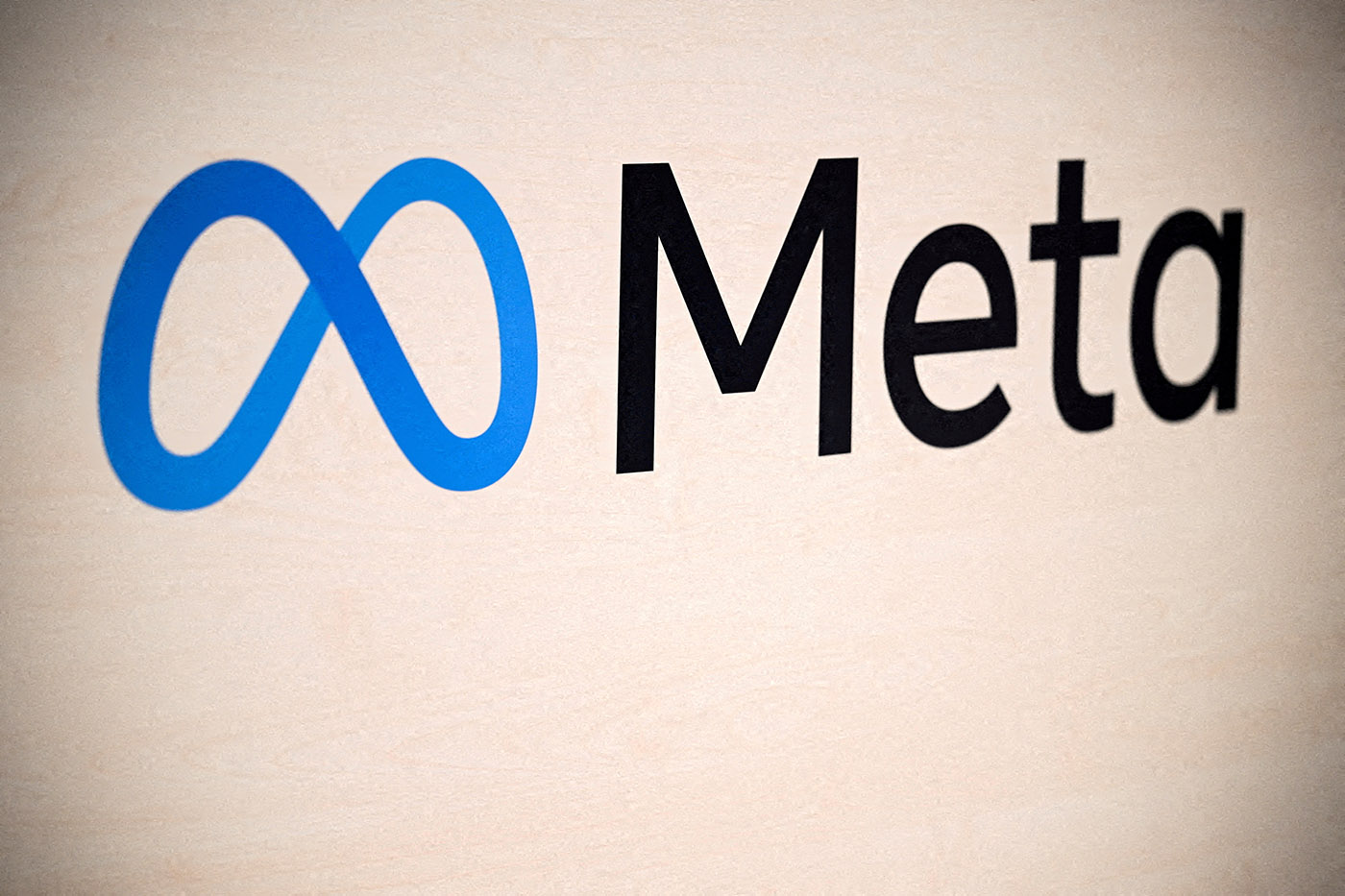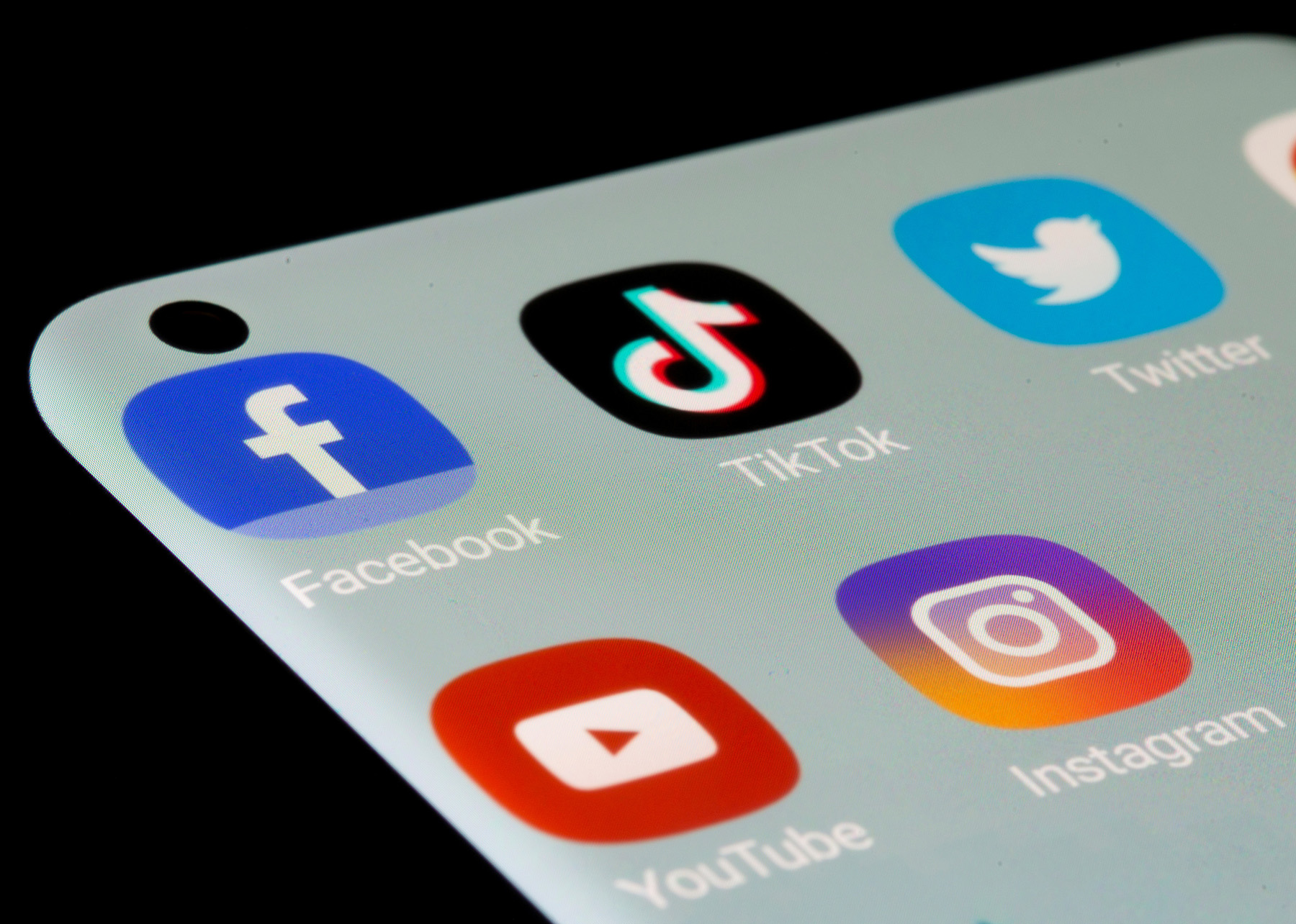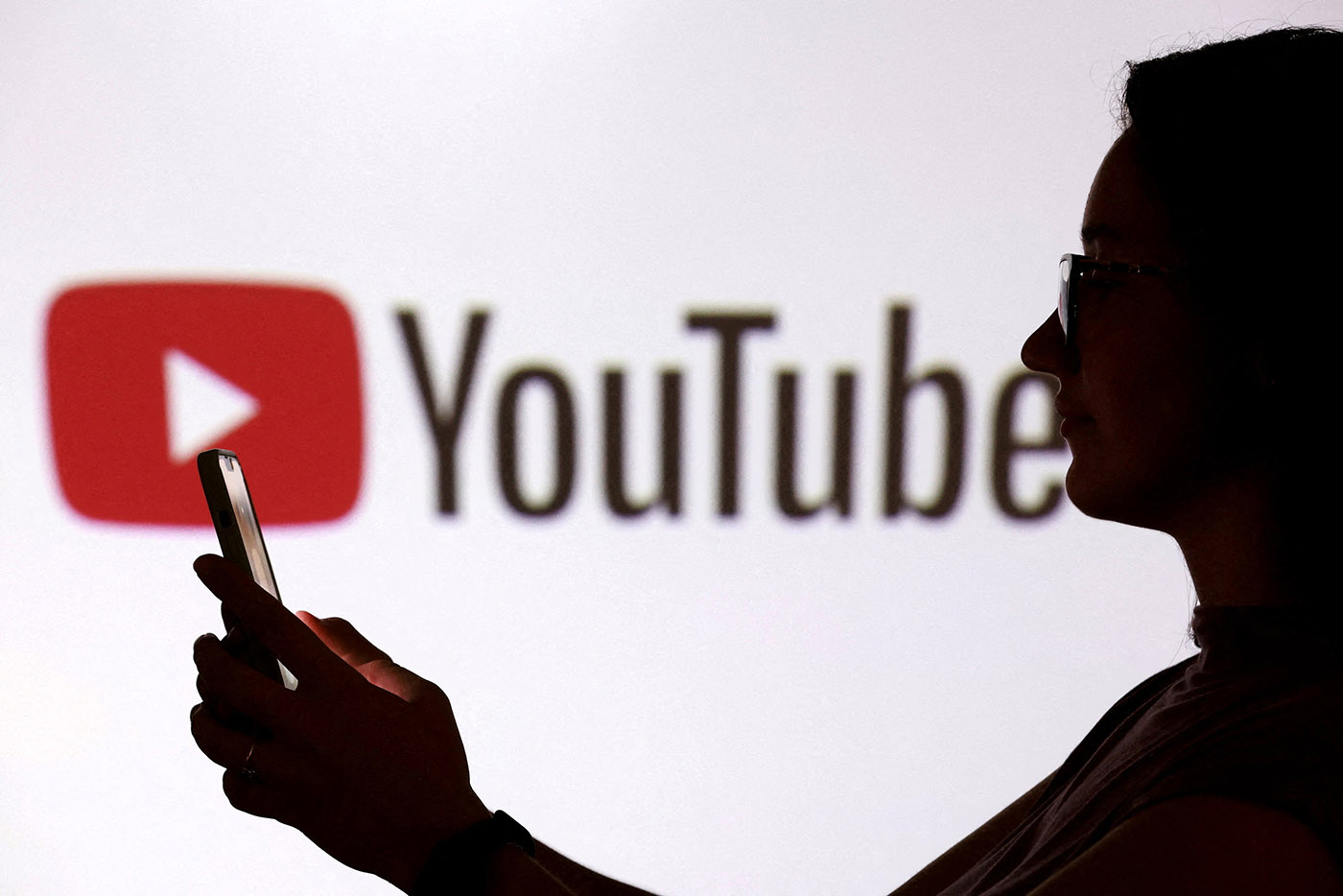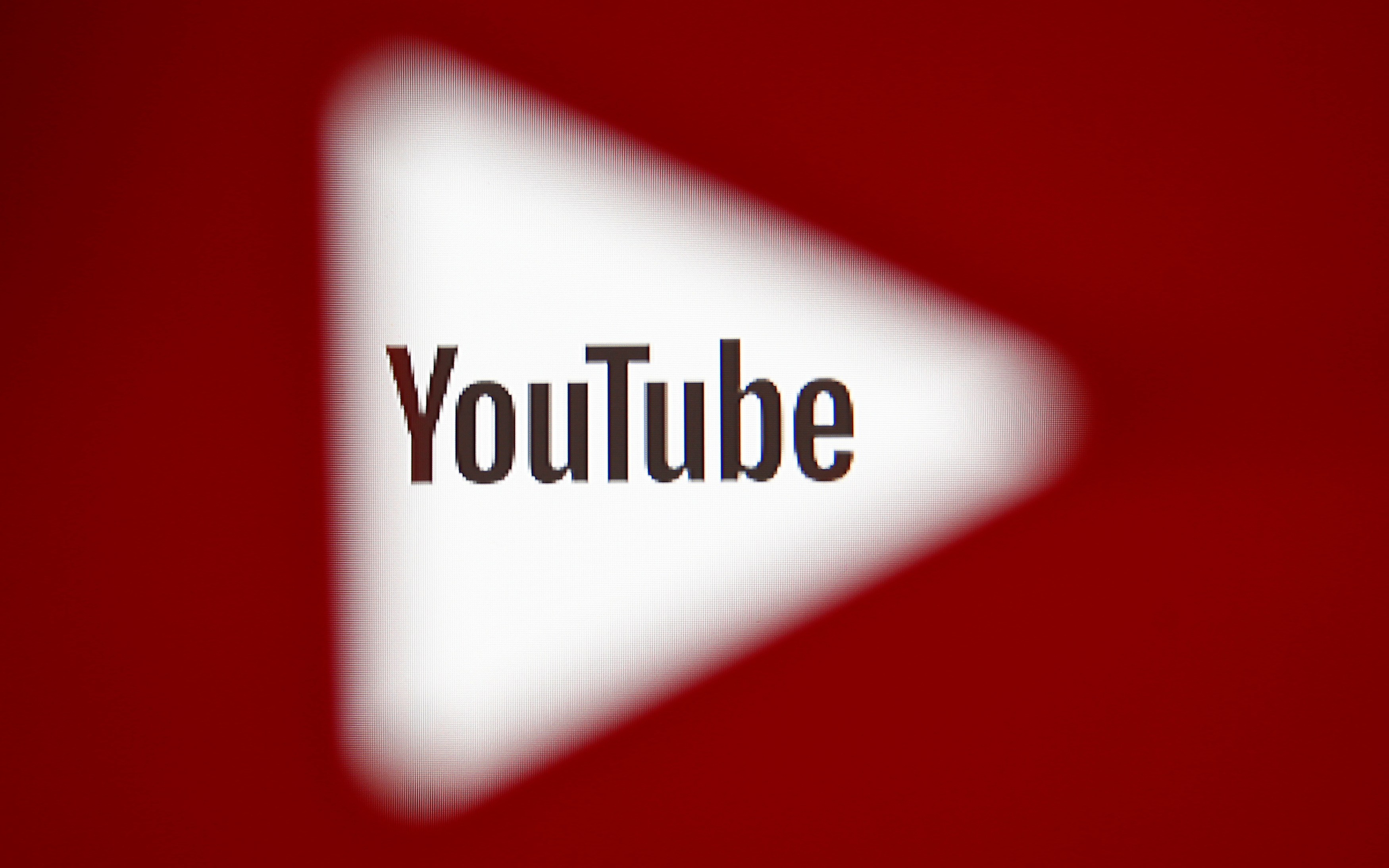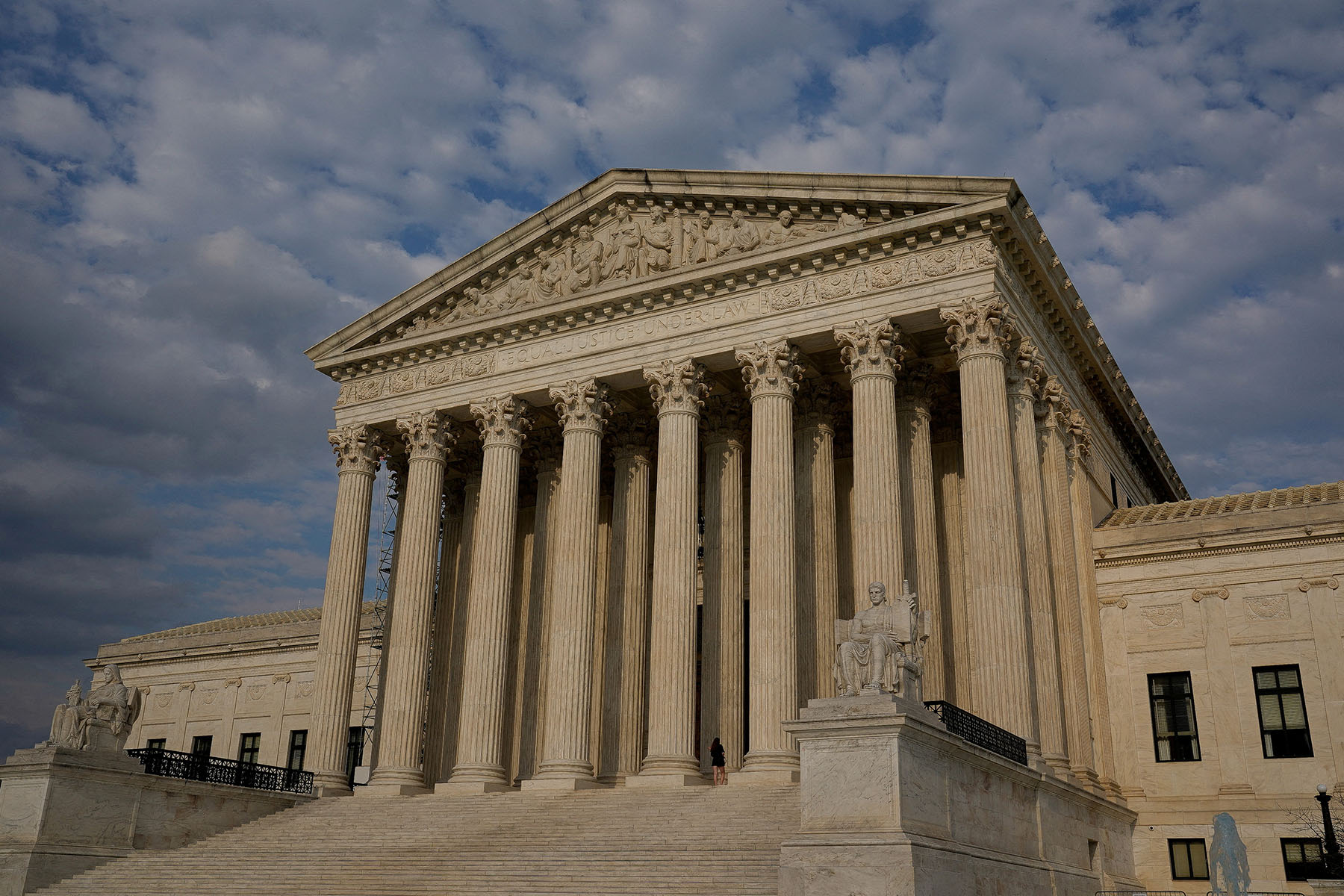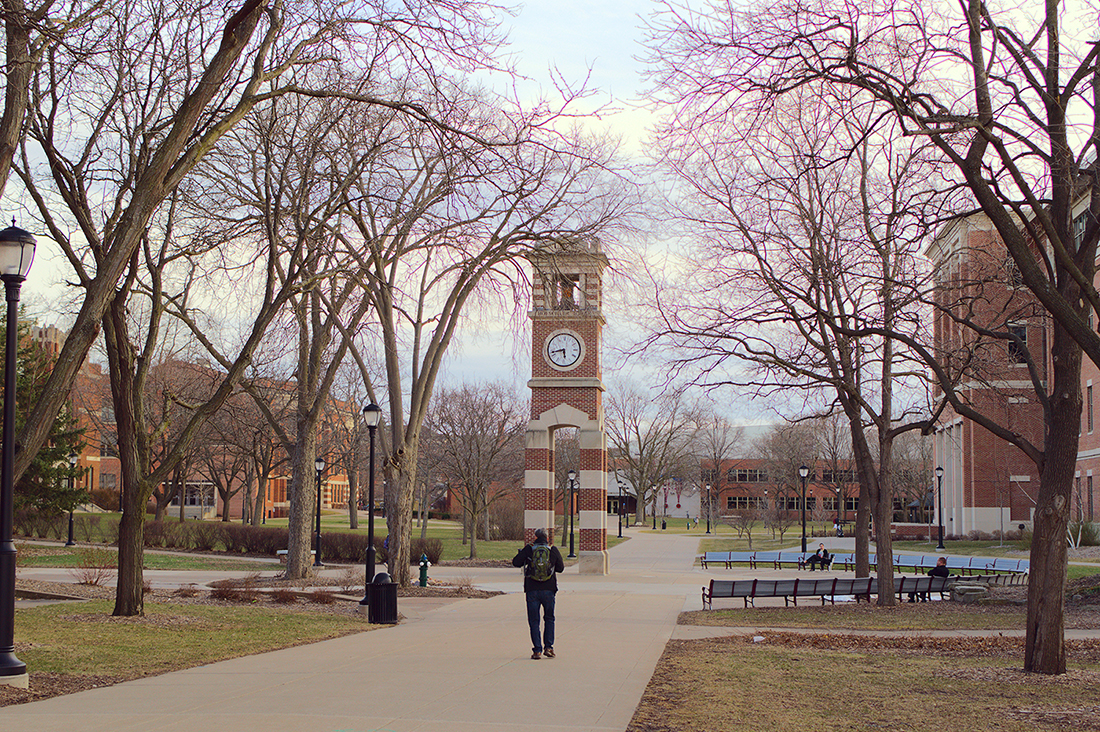Social Media Companies Face Legal Reckoning Over Mental Health Harms to Children
The outcomes could challenge the companies’ First Amendment shield and Section 230 of the 1996 Communications Decency Act, which protects tech companies from liability for material posted on their platforms.
Google, Meta, Push Back on Addiction Claims in Landmark Social Media Trial
A slew of trials beginning this year seek to hold social media companies responsible for harming children’s mental well-being.
Landmark Social Media Addiction Trial Begins in Los Angeles
Instagram’s parent company Meta and Google’s YouTube will face claims that their platforms deliberately addict and harm children.
TikTok Settles as Social Media Giants Face Landmark Trial Over Youth Addiction Claims
It’s the first time the companies will argue their case before a jury, and the outcome could have profound effects on their businesses and how they will handle children using their platforms.
YouTube To Pay $24.5 Million To Settle Lawsuit Over Trump’s Account Suspension After Jan. 6 Attack
The settlement does not constitute an admission of liability, the filing says. Google confirmed the settlement but declined to comment beyond it.
YouTube To Start Bringing Back Creators Banned for COVID-19 and Election Misinformation
Attorneys for YouTube's parent company, Alphabet, said the decision to bring back banned accounts reflected the company’s commitment to free speech.
Supreme Court Allows Mississippi To Require Age Verification on Social Media Like Facebook and X
NetChoice argues that the Mississippi law threatens privacy rights and unconstitutionally restricts the free expression of users of all ages.
Former Wisconsin Chancellor Fired Over Porn Films Sues in Hopes of Teaching Again
He argues in his lawsuit that the firing from his professor position violated his free speech rights under the U.S. Constitution.
